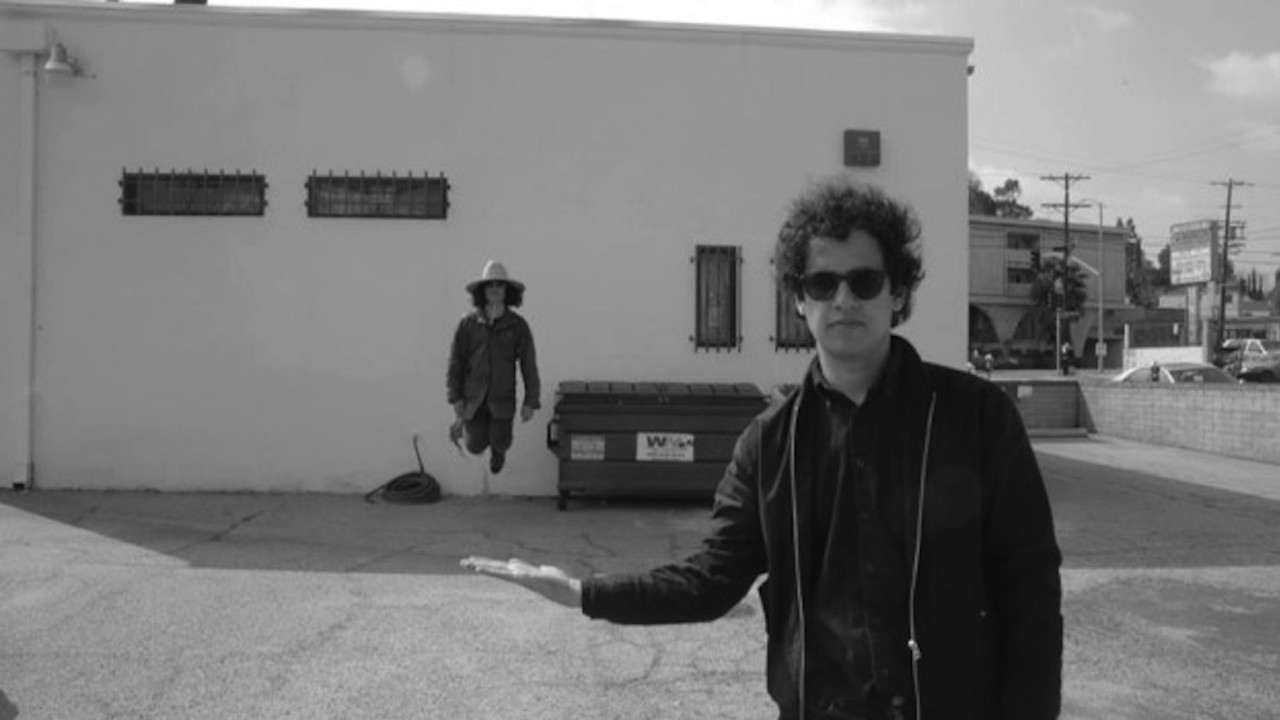It has long been the case that to expect anything from Omar Rodriguez-Lopez or Cedric Bixler-Zavala is foolish.
As members of At The Drive-In, their restless creativity helped take the band’s hardcore into uncharted and, as a result, influential territory. So when they abandoned it for wild prog-salsa and announced that, rather than being the strait-laced musicians many had them pegged as, they were in fact guzzling almost any kind of narcotics they could get their hands on, it came as something of a shock.
As shocking was the subsequent reformation of At The Drive-In, a band whose other members the pair had righteously slagged off in the intervening years. But the reunion didn’t last, perhaps inevitably, with Omar Rodriguez-Lopez looking utterly uninterested throughout. His lack of commitment appeared to drive a wedge between him and Bixler-Zavala, forcing a Mars Volta split and another surprise from Rodriguez-Lopez. His next project, Bosnian Rainbows, was wildly different again: a sort of trip-hop, art-rock project that was, again, so different from what came before as to be almost unrecognisable.
And so it should come as no surprise that, after reuniting post-Mars Volta, Rodriguez-Lopez and Bixler-Zavala’s latest project is, once again, a surprise. Antemasque is unlike anything the pair have done before, though perhaps its closest in spirit to At The Drive-In. Rodriguez-Lopez’s guitars have always been wild and improvisational – his soloing in his hardcore days was both abrasive and what marked him out as different, while his sprawling efforts in The Mars Volta and in solo work suggested a song had not yet been written over which he couldn’t wail and shudder. But here, it’s gone. Sure, there’s virtuosity in his playing but it’s kept under check: the tauter, tighter songwriting here not allowing room for eight minute jazz freakouts. Instead he leans on classic rock riffs and keeps them focussed. What’s remarkable is that the same guitarist who was so brilliantly explorative in his past can do pared-down directness so well.
Bixler-Zavala is different too. Gone are the gymnastic wails and he’s direct – not quite so angry as in At The Drive-In, not so flighty as in The Mars Volta. He’s raw and controlled, aggressive and taut. And there are melodies and catchiness too: you might be pushed to say Drown All Your Witches and 50,000 Kilowatts have pop sensibilities, but they’re a good deal more immediate than prog-salsa songs.
But is it any good? Mostly it is. But largely it’s intriguing: how do musicians who can be so experimental also thrive while being more traditional, conservative and honed? How can musicians with such a reputation for wildness and wilful indulgence reign that all in and still deliver? Once again, they’ve flipped things on their head.

